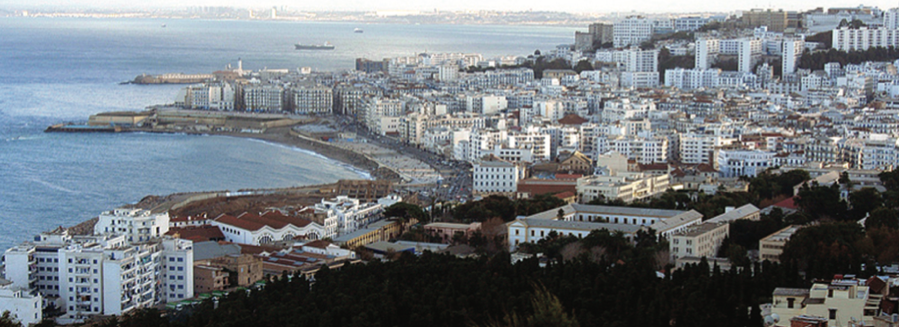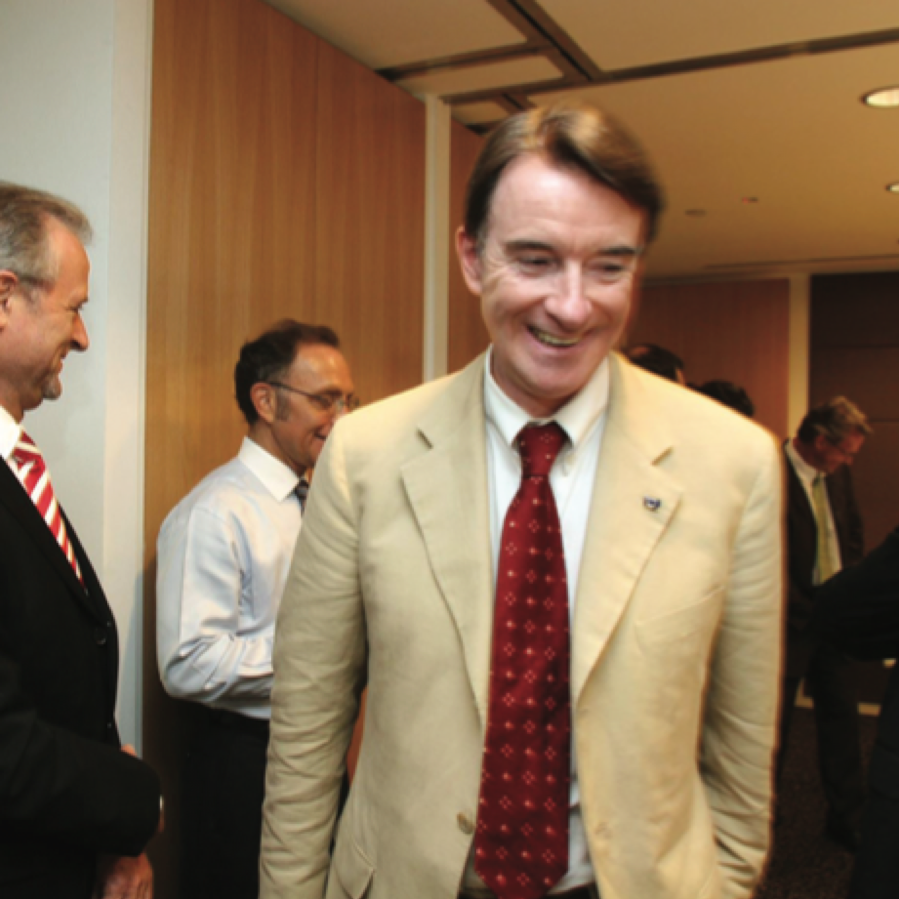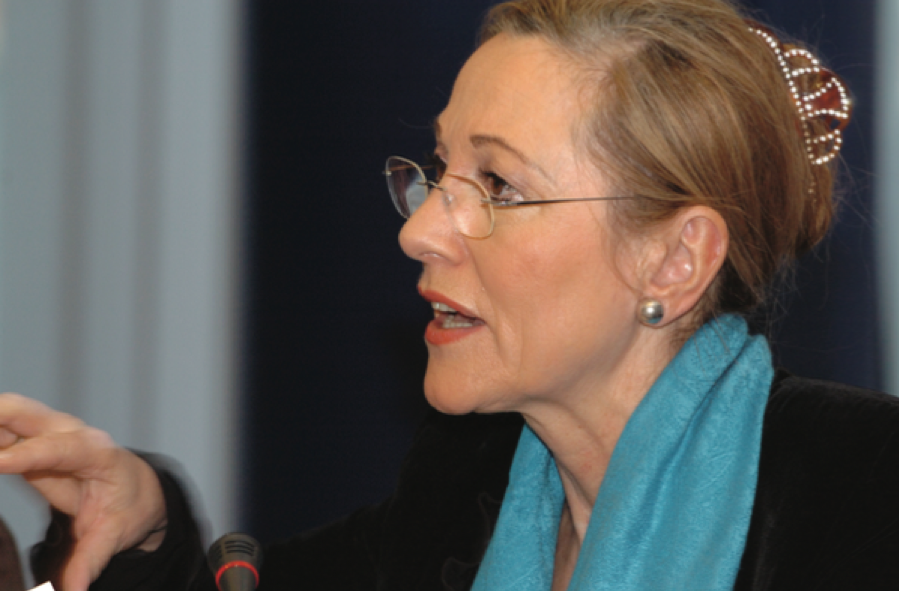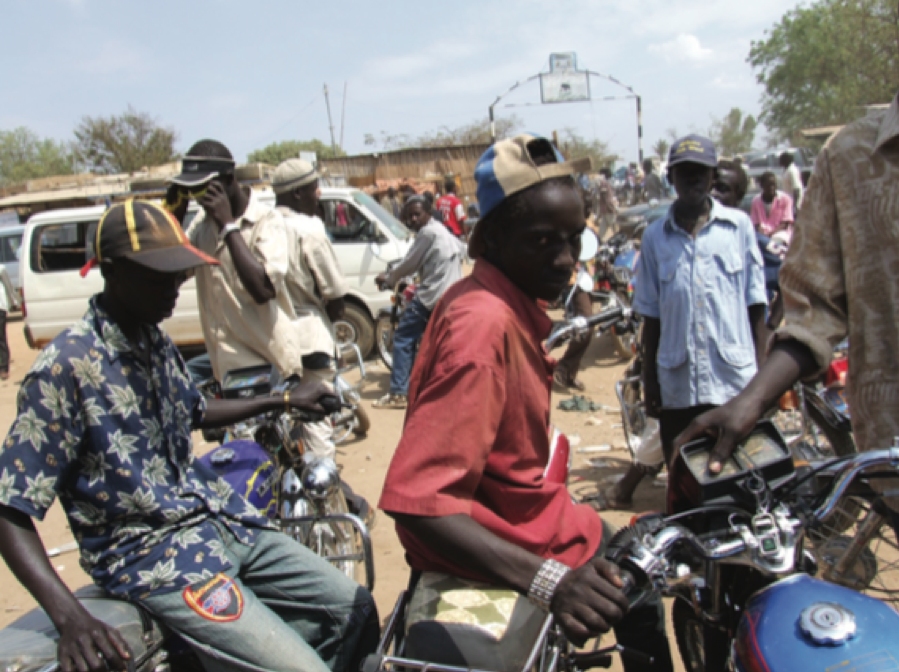Does American education remain the most popular choice for universities in the Middle East and North Africa (MENA) region? Recently, rumors circulated that Al Akhawayn University in Ifrane (AUI), Morocco switched from the traditional American model of education to the French system of tertiary learning. The rumors seemed counter intuitive during a time when the whole world, including the MENA region, is shifting to the American style of higher education which, in addition to the usage of English as the primary language of instruction and research, focuses on creative thinking and problem solving instead of rote memorization.
Rethinking the American model of education would have not only been counter to popular notions of higher education but would have affected the foundations on which AUI is based. Located in a country desperate for efficient human capital, any move by AUI away from the American model would have brought into question the effectiveness of the school in developing the country’s next generation of leaders.
Founded in 1993 with a large endowment from Saudi Arabia to Morocco to aid an oil spill that was never realized on the country’s coasts, AUI represented a move in international diplomacy between the “two brothers”, a namesake which currently adorns the university and acts as a tribute to the then kings of each country – King Fahd of Saudi Arabia and Morocco’s King Hassan II. Nestled in the mountainous village of Ifrane, AUI is the articulation of the late King Hassan II’s vision to create a university based on the American style of education.
In the institution’s bylaws, which were signed by Morocco’s king, it is made “very clear that it’s an institution where English is the official teaching and research language,” according to AUI’s President and former Minister of Education Rachid Benmokhtar Benabdallah. He also believes AUI “is an institution built on the American model of education and American standards of education and all of the associated criteria. The laws are clear and are there, so we cannot change them”. In an interview with Executive he dispelled the rumors, noting that “nothing changed at the university level.”
Trilingual brothers
The source of confusion came from a shift in the direction of AUI’s primary and secondary schools. Families in Ifrane who send their children to AUI’s primary and secondary schools are having trouble coping financially and logistically with their physical move from the isolated town or in cases where students transfer to other schools.
What were once American system schools under AUI’s direction are now international schools. “For the Moroccans”, according to President Benabdallah, “we have a problem with the primary and secondary schooling and the problem is that if the students attend then they will only learn English, but what happens if they have to go elsewhere, if they move to another city, or if they switch schools? They will not find another school on the costs side which is affordable for them.”
He believes that the other American schools in Morocco are very expensive and people do not have the means to pay the yearly fees of $13,500-16,000, meaning that if AUI’s primary and secondary schools remain purely American, the service offered will essentially be for the international community and not Moroccans. Hence, a university-wide discussion was started and the solution found was to convert the pre-university education into an international school.
The new ‘international school’ will have three languages: French, English, and Arabic. In searching for a new management team for the school, AUI had two options, but chose an international school instead of running the school under the international baccalaureate mandate, because the latter “gives you just the rules, what you should do, and they come for evaluation, assessment, and so on, but they don’t manage the school, so it remained a problem”, according to AUI’s president.
After negotiating with a French organization, AUI’s leadership found a solution by changing to an international school with courses in French, but with six hours of English weekly, and three hours of Arabic, which can be expanded to six hours a week of Arabic for Moroccans. The mix of languages will help students master all three to become tri-lingual before university, but the added benefit will give the families of students more flexibility when they head elsewhere in Morocco.
In addition to the change in instruction in the primary and secondary schools, according to Abdessamad Fatmi, the school’s Director of Communication, further confusion came from an AUI-commissioned study on the ways to improve the university. As with many third-party studies, the product provided several options, including switching AUI to the French system, yet the school did not follow the advice.
Encouraging English
As Fatmi pointed out, at the university level the attention to educate in English will be maintained since “we are in the process of evolving as a university as we are growing to make sure that our students master the language, which is very important, and the reason is that they can pass the Testing of English as a Foreign Language (TOEFL) exam, and that we ensure that at the end of study they pass another test for professional English before leaving campus.”
In the end, Benabdallah maintains that “nothing changed and we will stay the way we are as the Moroccan university under the American model of education.”

















